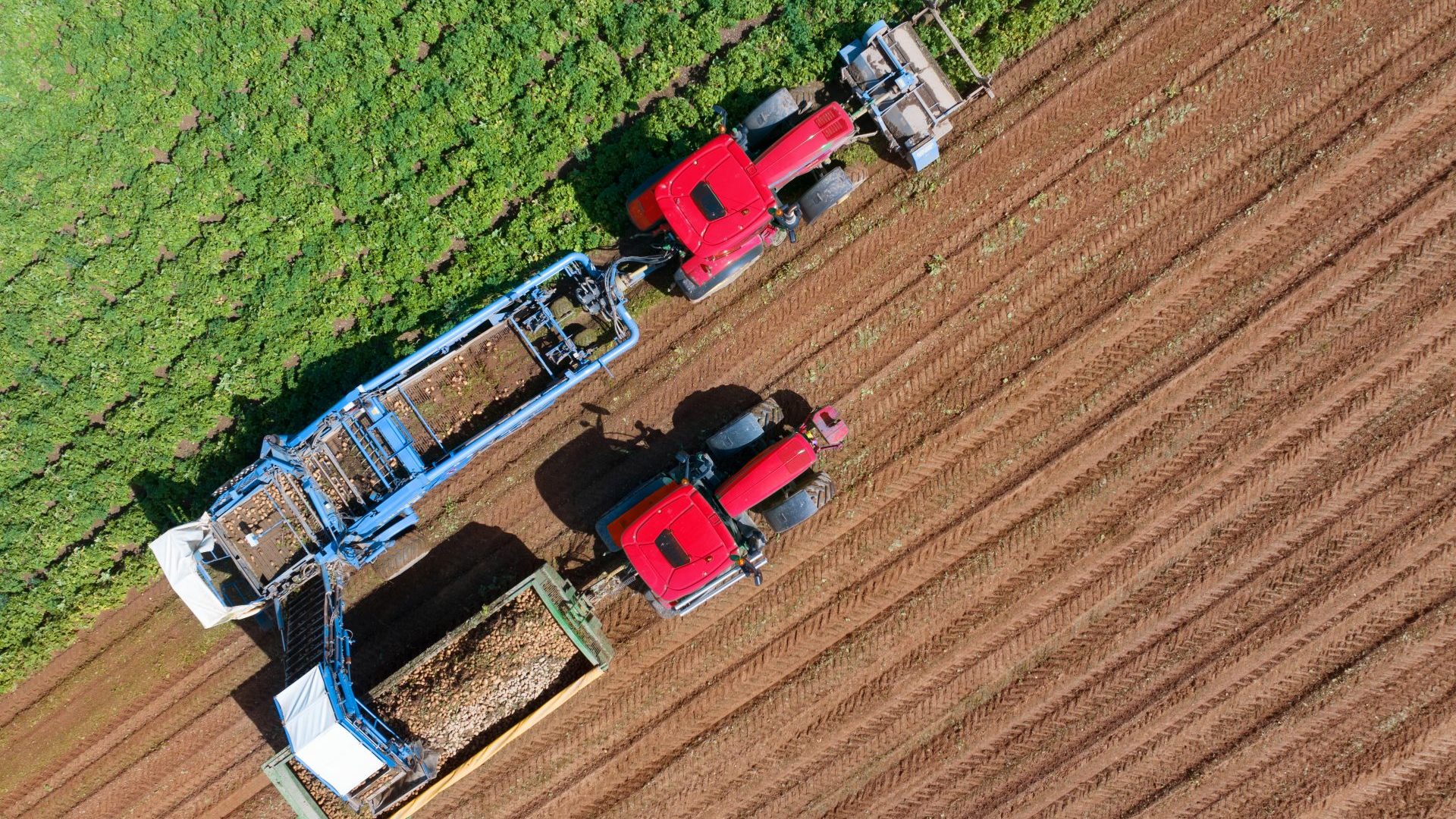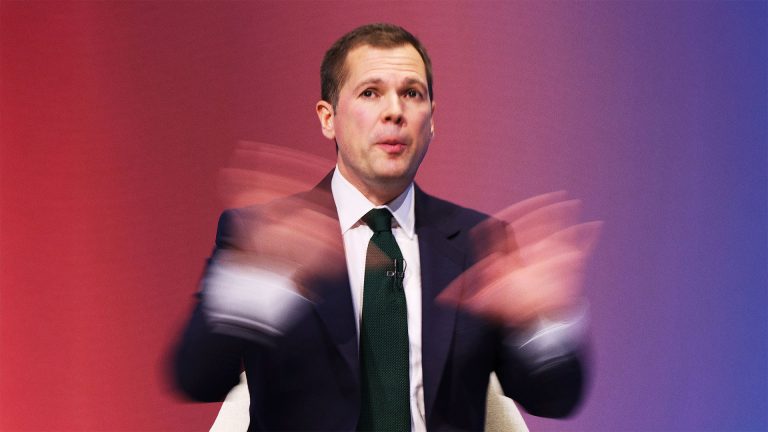Brexit is the gift that keeps on taking from British farmers and from the huge food processing industry in the UK, the largest manufacturing sector in the country.
New research from the Centre for Inclusive Trade Policy shows how damaging leaving the regulatory umbrella of the EU has been for British food. After the end of the Brexit transition period in January 2021, “agri-food imports from the EU fell by a 3-year average of 8.71% or £4.34bn per year, with exports to the EU decreasing by 16.34% or £2.82bn per year”.
Although those dates coincided with the war in Ukraine and Covid there is, as the report says, no signs of trade flows regaining previous levels.
The reasons are obvious. Before Brexit some 90% of the UK’s food regulations, rules and laws were made by the EU and regulatory harmonisation was total, but now we are a third country. Some of the rules in the UK are now different because we have changed them and some because Brussels has changed its own rules.
The result is a breakdown in that seamless and uninterrupted flow of food exports and imports between the UK and the continent.
Now there are new documents, physical inspections, more admin, more red tape, and of course far more cost. And this is all before the UK has fully introduced its checks (delayed until July 2025) because it is either not ready or is too terrified of the consequences for food supply and prices, remember we get about a quarter of our food from the continent.
Farmers are now not quite as keen on Brexit as they used to be, with Farmers Weekly reporting that 70% of cereal growers, 68% of dairy, beef and sheep producers and 81% of vegetable growers are increasingly concerned.
Amazingly enough, the UK has more agreement on recognising each other’s standards in its trade deals with Australia and New Zealand than it does with the EU, its largest food supplier by far.
This madness is something that the new Labour government has promised to do something about. But its chances of success are very limited.
It has ruled out any membership of the EU’s single market and the EU has ruled out any “cherry-picking” of favourable rules and regulations for different economic sectors or countries. The best model to follow would be the Swiss/EU deal, which is almost as good as being in the single market, but the UK’s red lines make that impossible, as does the fact that the EU has ruled out another Swiss-style deal (it is a real pain to administer), which both mean that such an agreement is impossible.
So, Labour can talk boldly about a new “reset” and the negotiation of a Sanitary and Phytosanitary Standards (SPS) Agreement with the EU, one that removes the need for all those border checks and red tape for agri-food products.
But that means either the complete mutual recognition of each other’s regulations or the total alignment of regulations. It isn’t going to happen, everything else will just be window dressing and fiddling at the edges.
The only Brexit freedom is the freedom to fail our farming and food industries.











